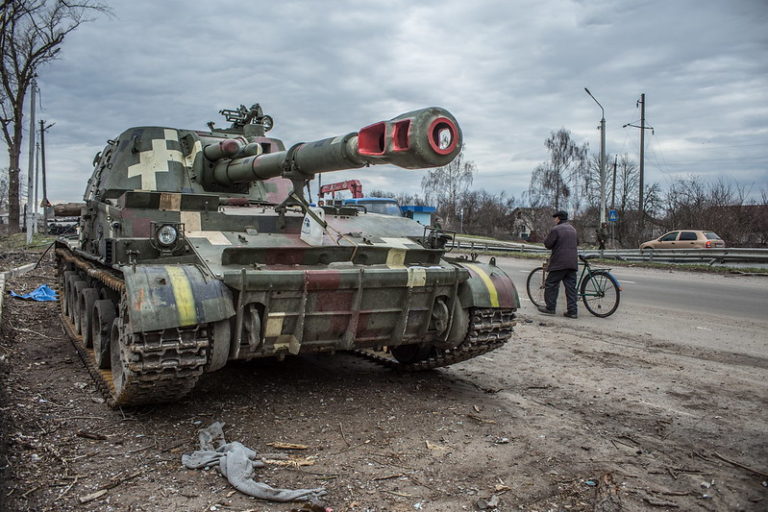Letter from La Vigie, dated 1st FEB 2023

There is no magic weapon
The recent decision by the Europeans and Americans to supply tanks to Ukraine was intended as a show of unity in favour of Kiev. The difficulties in achieving this, and the relief that resulted, show that the issue remains fragile. Above all, it is based on an illusion: that arms alone can change the course of the war, whether by their quality or their quantity. Beyond that, a concern is surreptitiously emerging: is it still about winning or is it now about not losing?
To read the article, click here
Will the rear end hold?
If the fortunes of the weapons mainly decide the fate of a war, it is essential to also worry about the rear: if the combatants develop a certain and indispensable self-sufficiency, this is the result of the efforts made by the rear. The war in Ukraine shows us, however, that the notion of the rear is not as simple as one might think, and that the rear can also have a certain geographical depth.
To read the article, click here
Lorgnette: Israeli-Palestinian peace process
Recent events in Palestine have once again put the Palestinian question at the heart of the news. While it is likely that everyone will do their best to ignore it, it is important to note that it is still there because no solution has been found. The Abraham Accords promoted by D. Trump explicitly ignored it, organising a peace between Israel and certain Arab countries while agreeing to ignore the Palestinian question. Without going back to the triggering element of this week’s incidents, let us observe that the lukewarmness of international reactions is justified by the assumption that there is a peace process that is taking its course. This is obviously false.
It should be remembered that this is not (despite the use by some of the word terrorism equated with jihadism) a religious issue but a question of national liberation – and therefore of the freedom of peoples to self-determination – and of the political control of a population and of territories by an occupier. This is the original objective of the peace process. That it is obviously not working means that there is no peace. But who draws the conclusions? The EU looks the other way, as it is so quick to agitate for values. It is a sign of its hypocrisy and thus loses its credit.
JOCVP
Subscribers: click directly on the links to read online or download the pdf issue (here), always with your login/password. New readers: read the article by issue, by clicking on each article (€2.5), or subscribe (discovery subscription €17, annual subscription €70, orga. subscription €300 excl. tax): here, the different options.
Photo credit: UNDP Ukraine on Visualhunt
